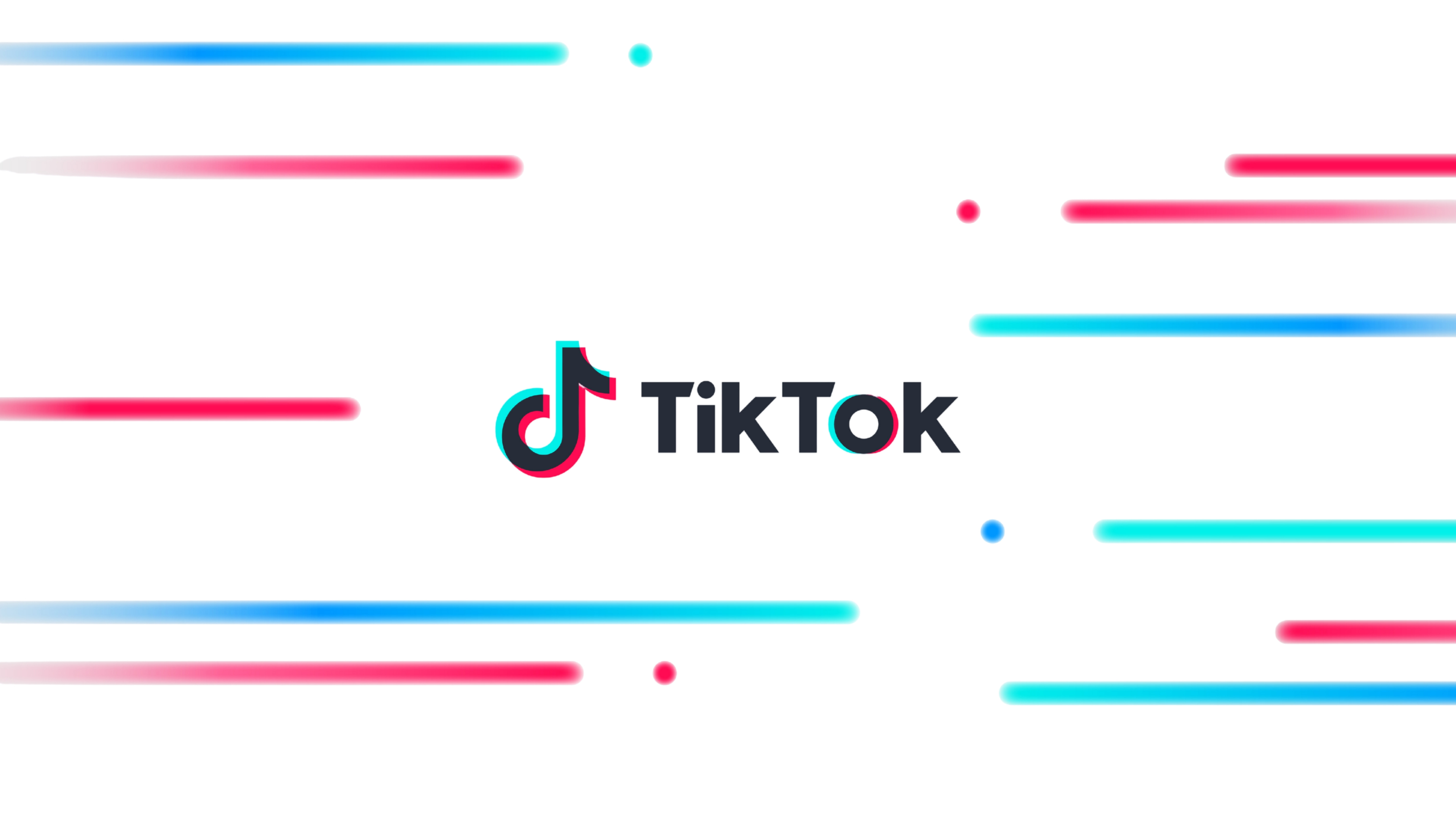Dutch MPs have renewed calls for companies and public services in the Netherlands to reduce reliance on US-based cloud servers. The move reflects growing concern over data security and foreign access in the Netherlands.
Research by NOS found that two-thirds of essential service providers in the Netherlands rely on at least one US cloud server. Local councils, health insurers and hospitals in the Netherlands remain heavily exposed.
Concerns intensified following a proposed sale of Solvinity, which manages the DigiD system used across the Netherlands. A sale to a US firm could place Dutch data under the US Cloud Act.
Parties including D66, VVD and CDA say critical infrastructure data in the Netherlands should be prioritised for protection. Dutch cloud providers say Europe could handle most services if procurement rules changed.
Would you like to learn more about AI, tech and digital diplomacy? If so, ask our Diplo chatbot!










